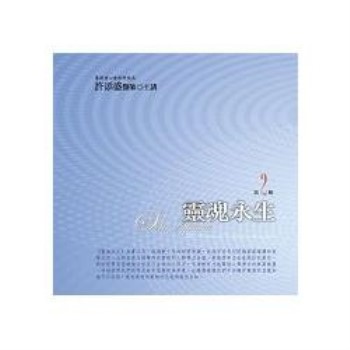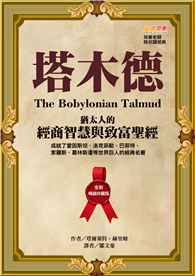This book addresses one of today’s most burning issues, namely the environmental crisis, by offering an insight into the problem from the perspective of virtue ethics.
Virtue ethics is an approach to ethics that centralizes the concept of moral virtue, which can be extended to environmental ethics via environmental virtue ethics (EVE). Beginning with a comprehensive overview, the book explores the renaissance of contemporary virtue ethics and the beginnings of EVE in the second half of the 20th century and presents the main characteristics, proponents, and criticisms of EVE. The book then goes on to analyze its development by distinguishing the three most influential concepts: the classical; the naturalistic, teleological, and pluralistic; and the narrative conception of environmental virtue ethics. The author also discusses the most influential works on EVE, including a revision of Louke van Wensveen’s postulate to use virtue language in environmental ethics. By synthesizing such works on EVE alongside an analysis of the three most important concepts, the book offers a new concept that is universalistic, positive, and pragmatic.
The book will be useful for students, scholars, and researchers studying environmental ethics, sustainable development, environmental psychology, moral philosophy, and philosophy of education.
The Open Access version of this book, available at http: //www.taylorfrancis.com, has been made available under a Creative Commons Attribution-Non Commercial-No Derivatives (CC-BY-NC-ND) 4.0 license.












